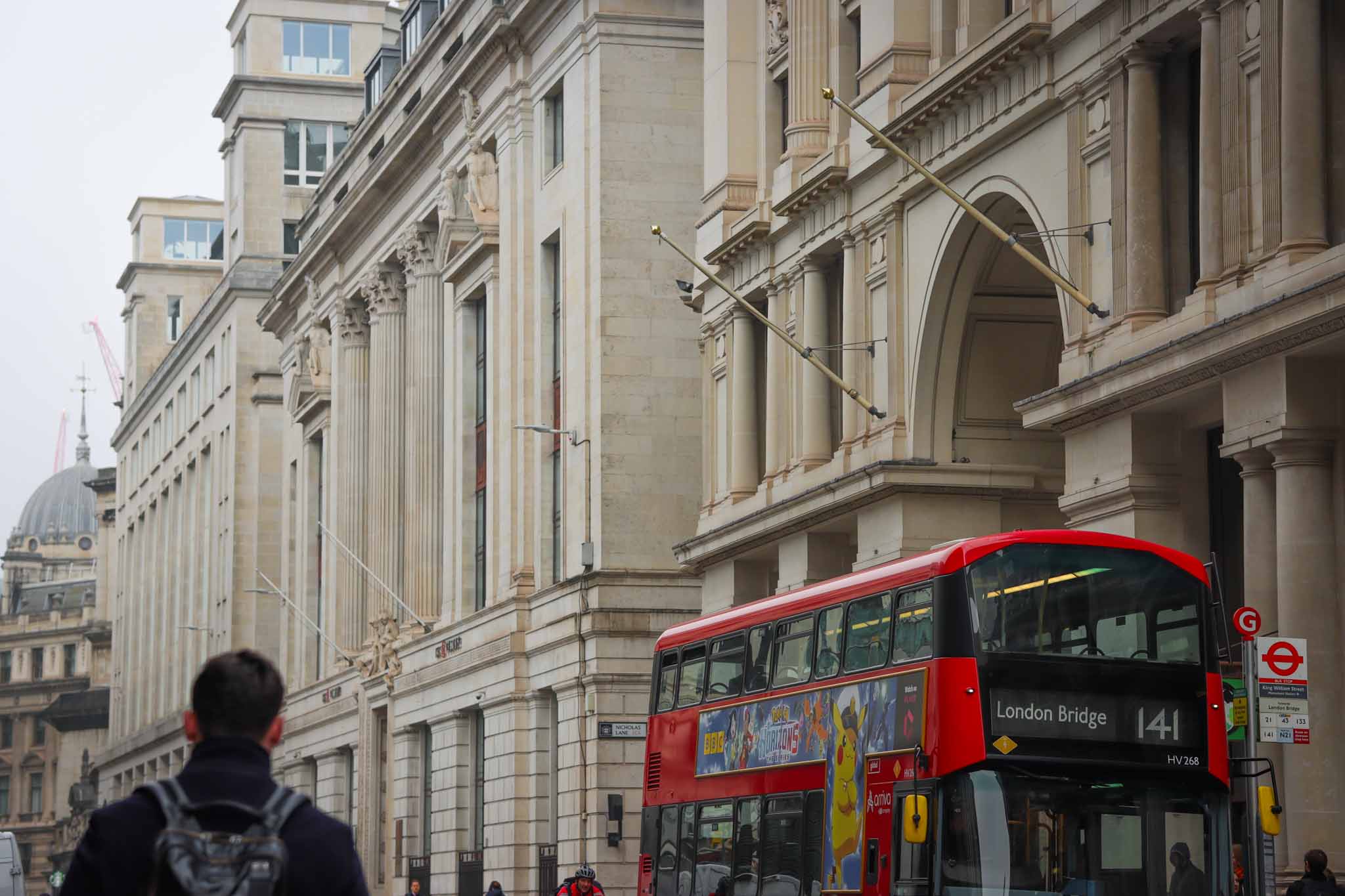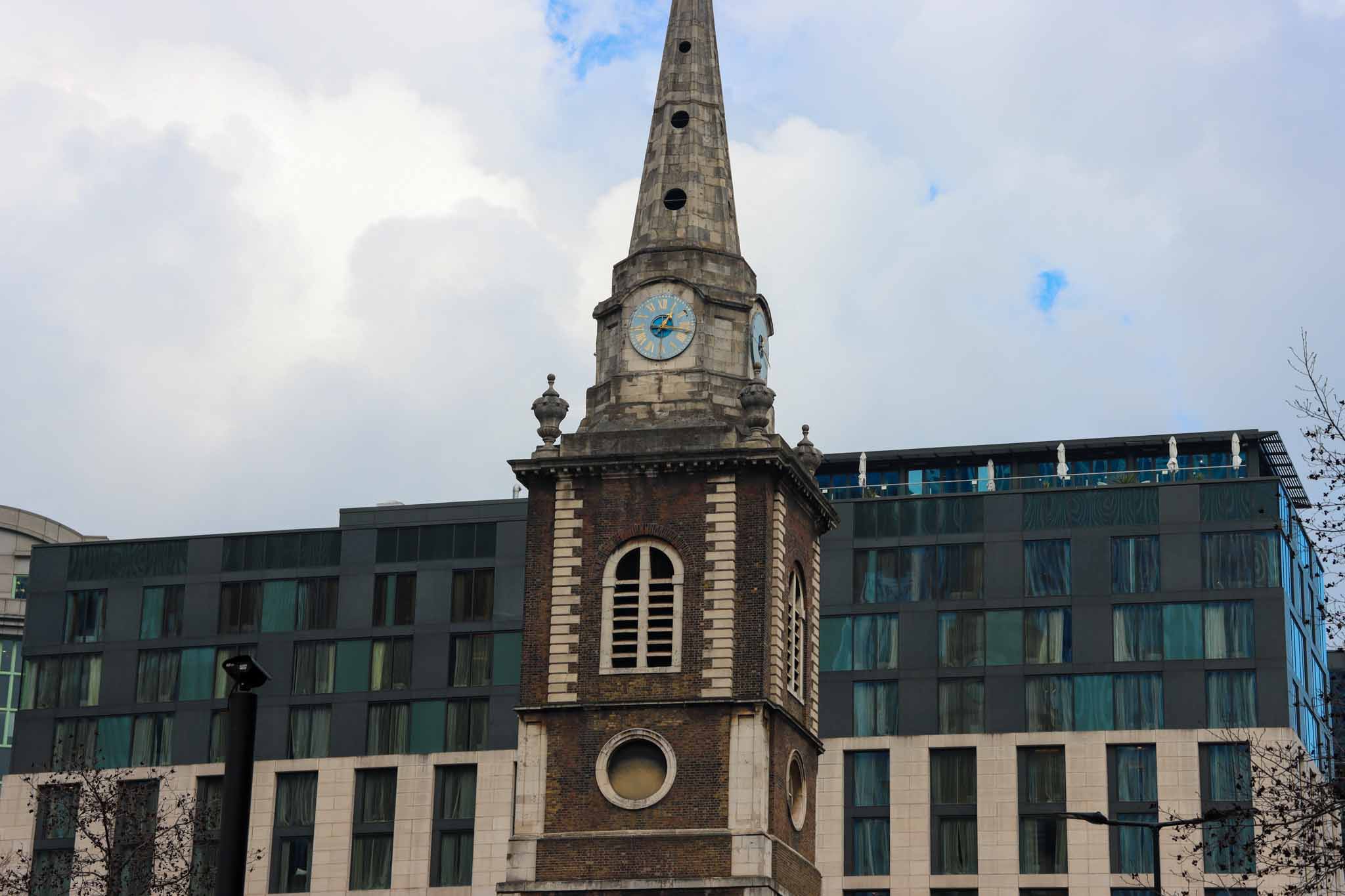
Extradition
Sonn Macmillan Walker have an outstanding reputation in this area of law, defending hundreds of extradition cases. We also have wide experience in cross-border challenges and investigations.
Extradition is the process whereby one country asks another state to return an individual in order that the subject of the request may be brought to trial or serve a sentence in the requesting state. Extradition law lies at the intersection between law, international politics, and human rights. This area of law has far-reaching repercussions on the lives of requested persons and their families, but also on political and diplomatic relations between the UK and other states.
We understand that being the subject of cross-border or international proceedings can be a harrowing experience, and we are well-known for always going the extra mile for our clients. Sonn Macmillan Walker work strategically and we provide a bespoke service tailored to the client’s needs to ensure a favourable result. Our expertise covers all stages of extradition litigation, from the Magistrates’ Court through to the Supreme Court and the European Court of Human Rights. Our firm routinely acts in cases where political motivation or client vulnerability may be a factor. We have successfully resisted extradition requests on complex human rights grounds and on the basis that criminal prosecution was politically or economically motivated.
Leading Extradition Team
Our team features a number of extradition experts who are routinely instructed in the most complex and high-profile cases. We have an exceptional reputation and an extensive network of barristers, foreign lawyers, and experts both locally and internationally. This makes us one of the best firms in the extradition world to defend and advise on extradition and international criminal law matters. Sonn Macmillan Walker is ranked Band 2 for Extradition in Chambers and Partners 2024, and we are headed by Katy Smart, ranked Band 1 for Extradition in the same edition.
Extradition law is rapidly evolving, and we are at the forefront of the law’s evolution, winning cases from new jurisdictions or extradition partners. In recent months, we have successfully contested requests for our clients’ extradition from countries including South Korea and Kuwait.
If you suspect you are the subject of an extradition request or Arrest Warrant, contact us immediately and we will do all we can to help. It is never too soon to start preparing your defence.
Are you the subject of Interpol Red Notices?
We do not only defend extradition cases in court. We also have extensive experience in conducting cross-border and international investigations. Our team of lawyers are experts in requesting access to information to INTERPOL and challenging INTERPOL notices. Red Notices are issued when countries cooperate to locate and arrest individuals with a view to requesting their extradition. Subjects of Red Notices are not always aware of such measure, however the repercussions on individuals’ reputation and freedom can be devastating. Often, the imposition of Notices is the result of politically or economically motivated disputes or proceedings. Our team is well-experienced in dealing with all sorts of INTERPOL matters. We can provide advice and representation to prevent a Notice from being issued or to remove one once issued. If you are unsure whether a Notice has been issued in your name, we can conduct investigations with INTERPOL to find that out in a timely manner.
What should I do if I think I will be the subject of an extradition request?
If you think you might become the subject of an extradition request, you should seek expert advice immediately. Extradition proceedings can be extremely lengthy, and it is never too soon to start mitigating the impact of proceedings on your and your family’s life.
At Sonn Macmillan Walker, we can offer pre-arrest advice in relation to any potential extradition enquiry. If you think your extradition might be sought by another country, we can engage with UK and foreign authorities to find out if proceedings are imminent. We frequently liaise with local authorities to arrange a voluntary surrender in order to avoid a forceful arrest upon receipt of an extradition request.
Notable Cases
Our recent cases in this area.




















